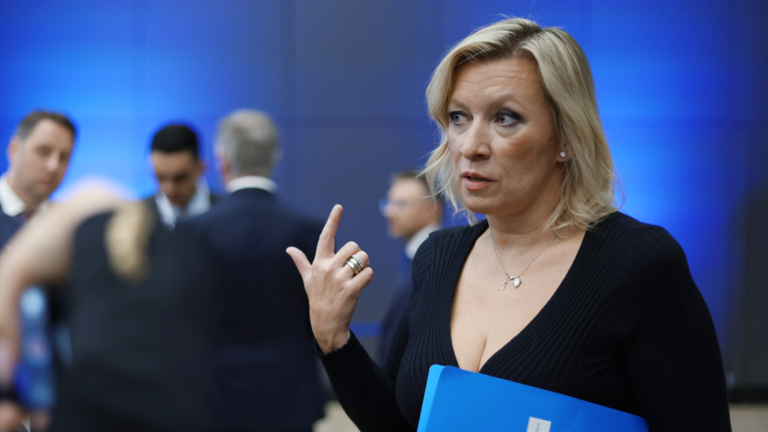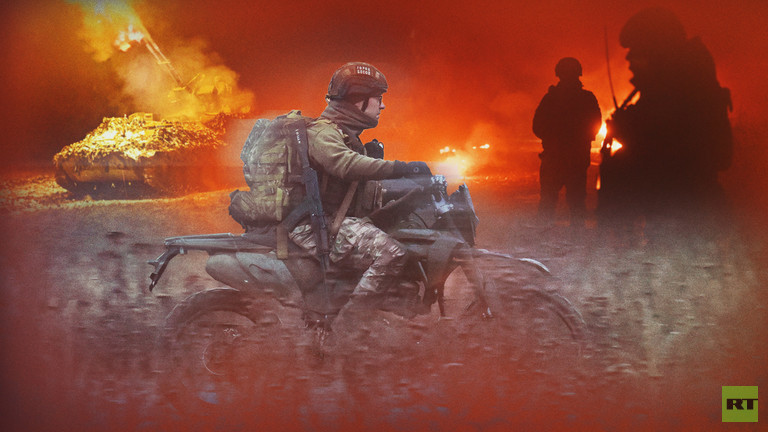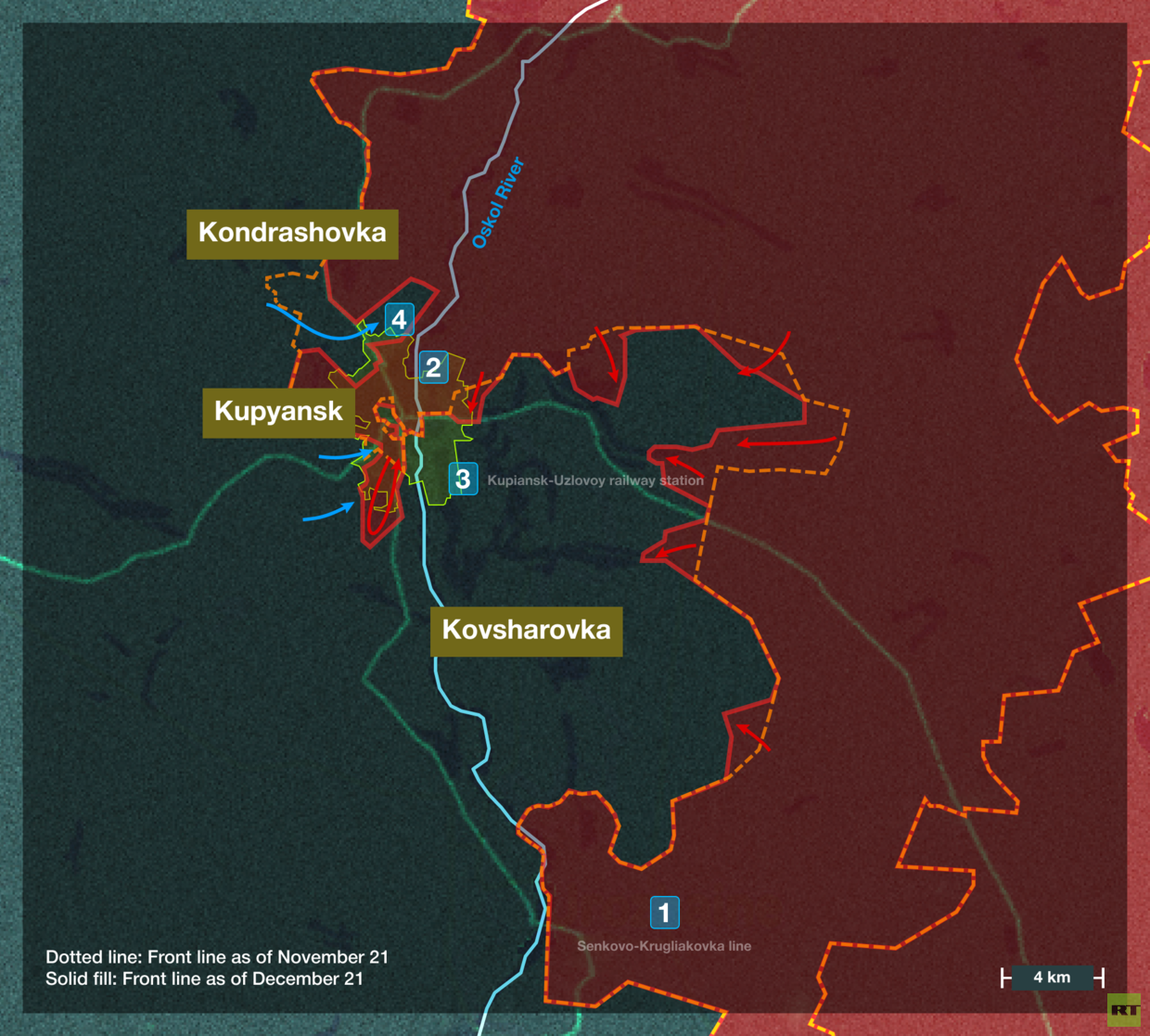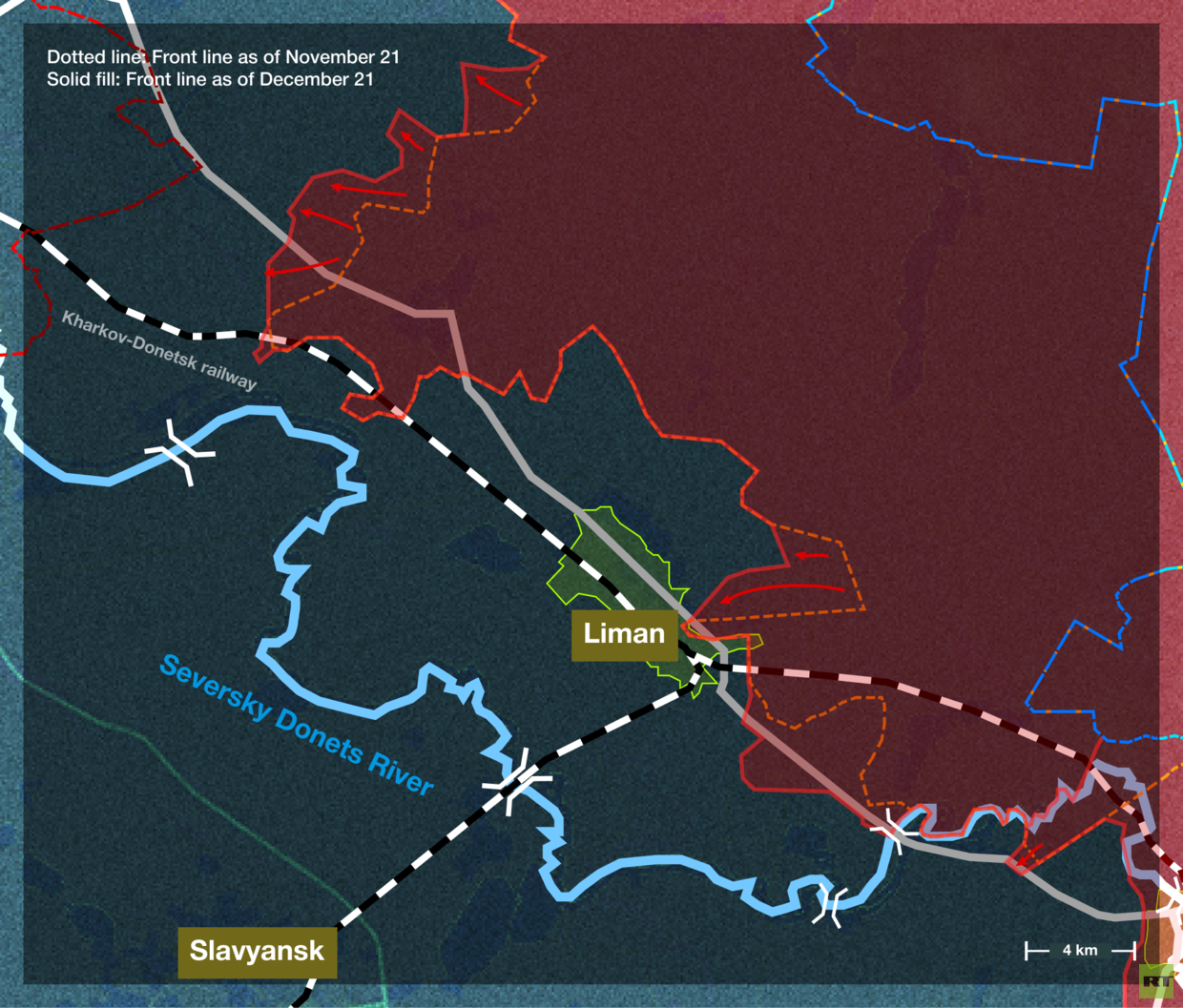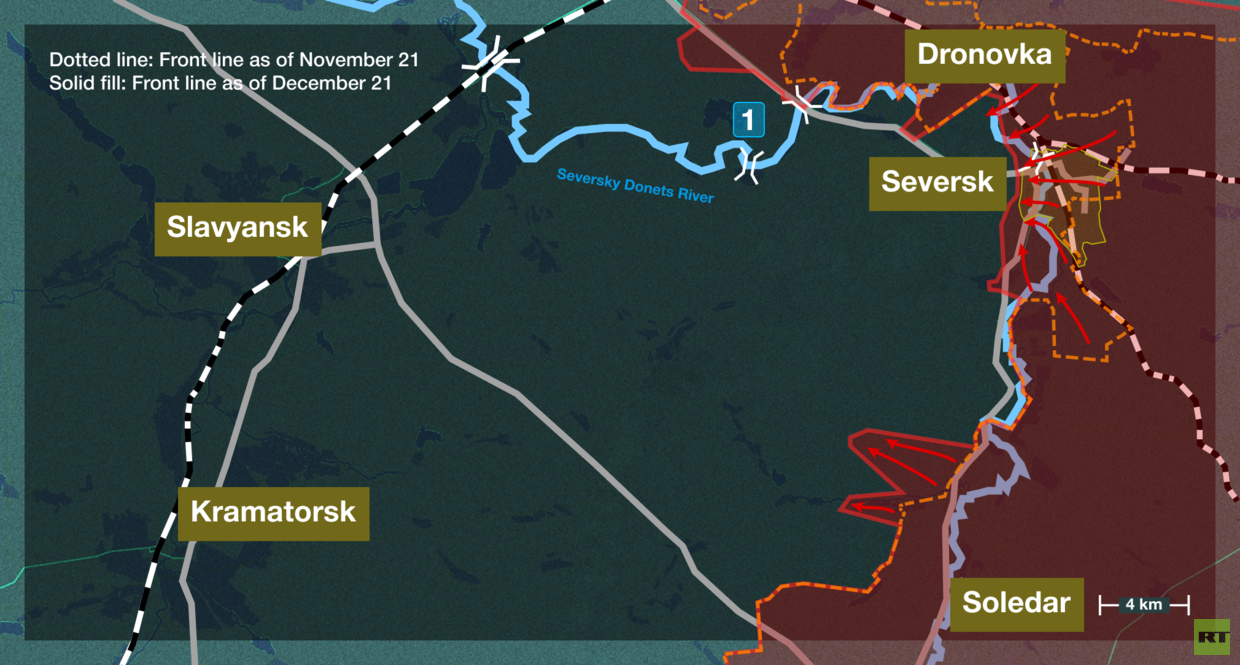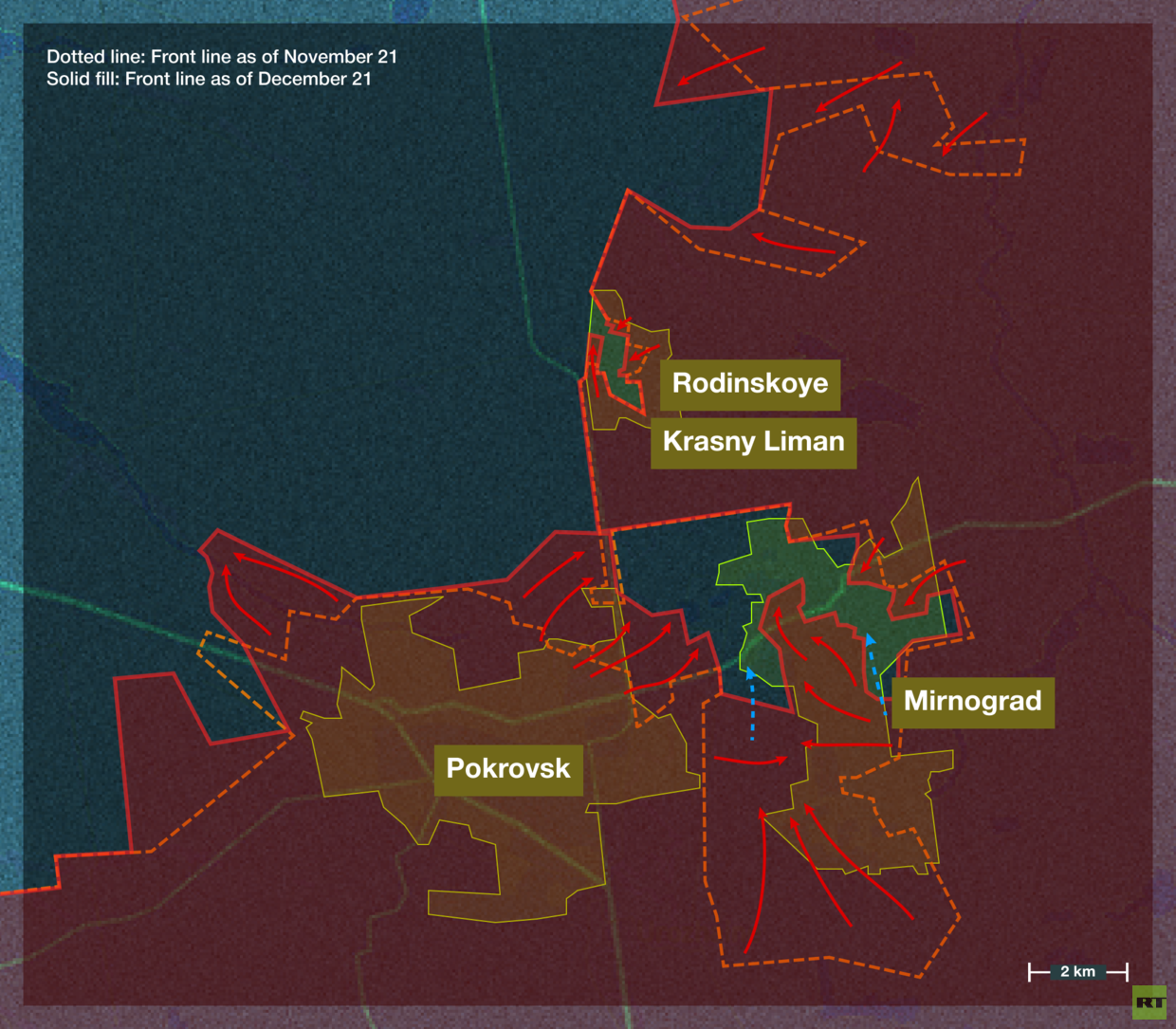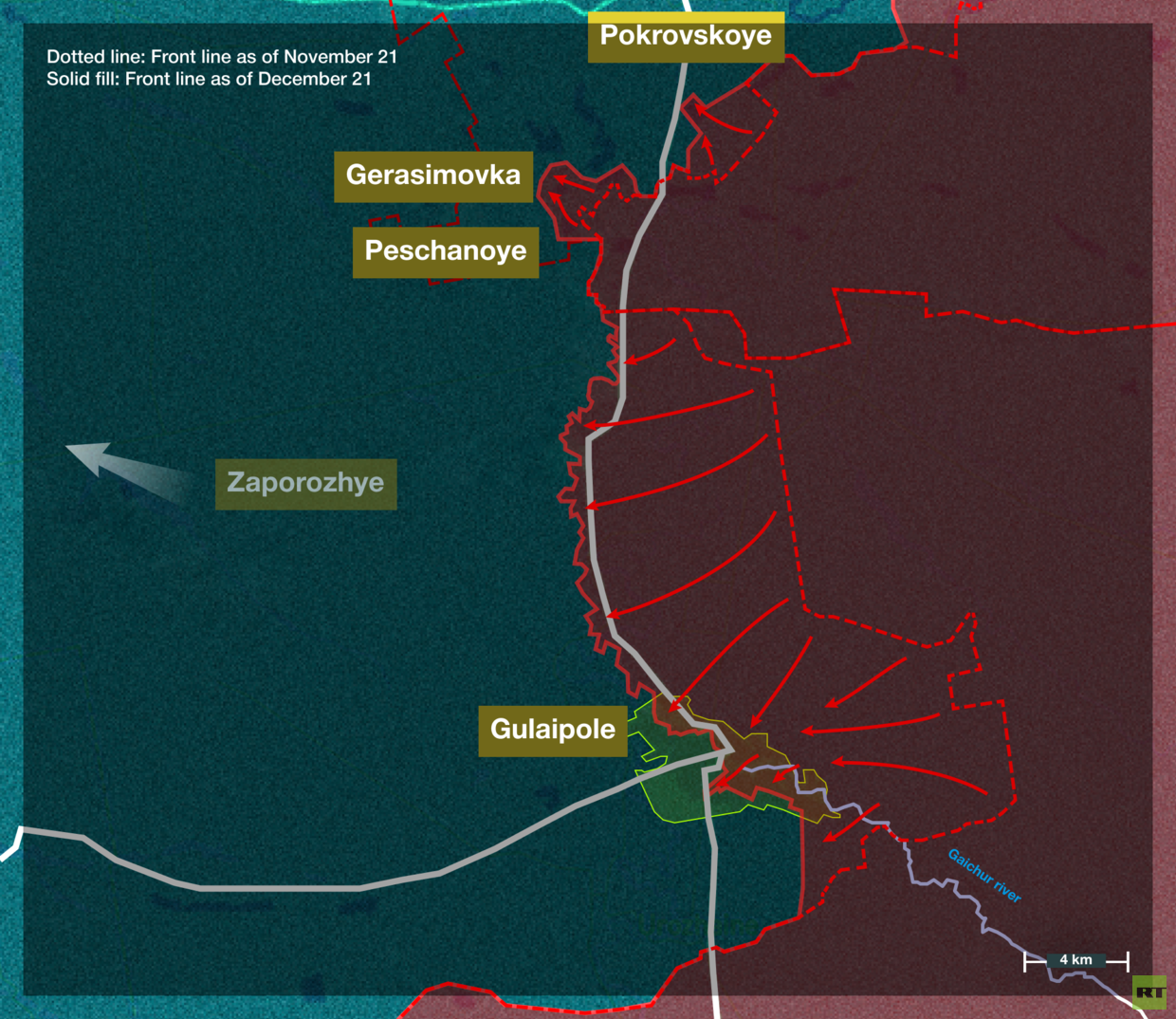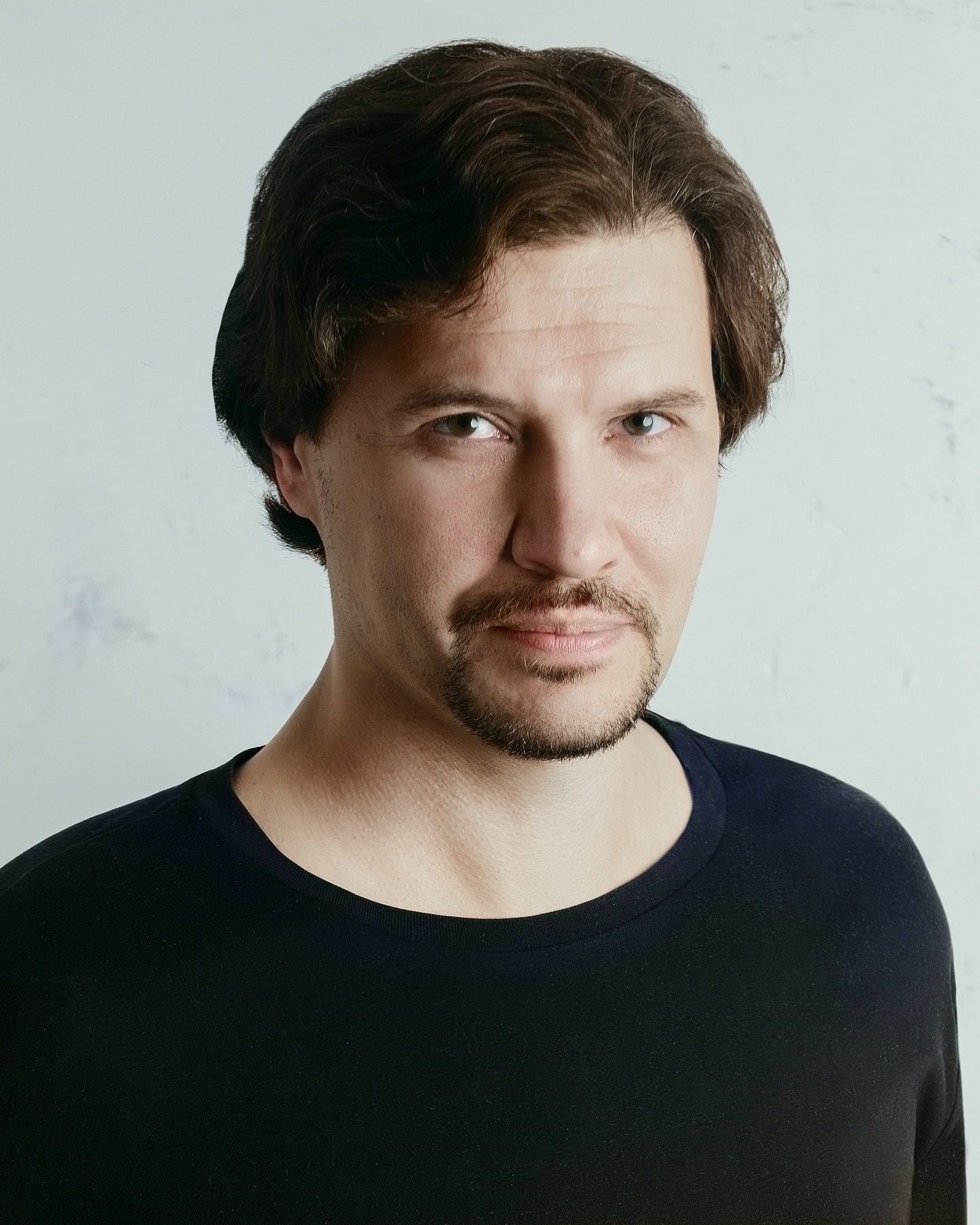The withdrawal of Emirati forces from Yemen following a Saudi airstrike may help defuse a confrontation between the UAE and Saudi Arabia, but the incident has exposed simmering distrust between two Gulf oil powers with long-running differences.
The airstrike by a Saudi-led coalition early on Tuesday on the southern Yemeni port of Mukalla was followed by calls on all UAE forces to leave Yemen, and a statement from Riyadh that its national security was a red line.
The UAE said it was surprised by the strike, shortly before announcing that it was pulling its remaining forces from Yemen for their safety.
The crisis, precipitated by the surprise advance of UAE-backed separatists through southern Yemen in early December, brings to the surface years of divisions between the two Gulf heavyweights on everything from oil quotas to geopolitical influence.
A Gulf source familiar with Saudi thinking told Reuters that the escalation had been triggered by a misperception resulting from talks in Washington in November between Saudi Crown Prince Mohammed bin Salman and U.S. President Donald Trump about the war in Sudan.
High-level talks including phone calls between Saudi Arabia and the UAE had taken place since December though they had not yet yielded results on the ground, the source said.
Any further conflagration between Saudi Arabia and the UAE would bode ill for the financially powerful Gulf, which prides itself on being an island of stability in a turbulent Middle East. Disagreements between Saudi Arabia and the UAE could hamper consensus on oil output decisions. The two are preparing for a virtual meeting with other OPEC+ members on Sunday.
"Relations between the two states are never easy, but the friction does appear to be at its most intense for years," said Neil Quilliam, associate fellow at think tank Chatham House.
Following their sudden advance in early December, the UAE-backed Southern Transitional Council (STC) forces now hold large swathes of land in Yemen, including in the strategically important Hadramout province.
The STC had previously been an important part of the coalition fighting alongside the Saudi-backed, internationally-recognized government against the Iran-aligned Houthi movement, which holds Yemen's capital Sanaa and the heavily populated northwest.
Their sweep through the south brought the STC within reach of Yemen's border with Saudi Arabia, in an area to which many prominent Saudis trace their origins, lending it cultural and historical significance for them.
It also put Saudi Arabia and the UAE on opposing sides of a smouldering civil war that erupted in Yemen in 2014.
Both Saudi Arabia and the UAE have publicly said they are in talks with Yemeni groups to try and bring the situation under control, but the coalition has now carried out airstrikes in the province twice in the last few days.
The STC has been rejecting calls by the Saudi coalition for its forces to withdraw from the areas it seized, saying it will continue securing Hadramout and Mahra province to its east.
In a statement on the strike in Mukalla, the UAE said it had tried to de-escalate since the STC's advance and denied being behind any operations that would undermine Saudi security or target its borders.
Divergence on Sudan
"Both countries like to play down friction in the relationship and argue that competition amongst states is a normal state of affairs," said Quilliam. "But the intensity of the competition has certainly sharpened in the past year and is playing out in multiple theatres."
One such place is Sudan, a country engulfed in civil war and one of the world's worst humanitarian crises since April 2023.
The Quad, which groups Saudi Arabia, Egypt, the U.S. and the UAE, has led diplomacy on the conflict, but the war has raged on.
Sudan is a sensitive issue for the UAE. U.N. experts and members of the U.S. Congress have accused the country of sponsoring Sudan's paramilitary Rapid Support Forces (RSF), who are fighting the Sudanese army. The UAE denies backing either side.
Trump and the Saudi Crown Prince discussed Sudan at the November meeting in Washington.
The Gulf source said the UAE leadership was angered as they had been "misinformed" that during the November meeting the Saudi Crown Prince had not just asked for further sanctions against the RSF, but also for more direct sanctions against the UAE for its alleged support to the group.
The misperception led to the escalation in Yemen, the source said.
The UAE foreign ministry did not confirm or deny this account and referred Reuters to an earlier statement issued on Friday in which the UAE had welcomed Saudi Arabia's efforts to support security and stability in Yemen and said it also remained committed to backing stability in the country.
Past Instability
Anwar Gargash, diplomatic advisor to the UAE president, said on Saturday in a post on X that dialogue and political solutions that preserve friendships and alliances were essential in what he called a "critical stage". He did not clearly reference Yemen or Saudi Arabia in his remarks.
The White House did not immediately respond to a request for comment when asked about the issue.
The Gulf has witnessed instability in the past.
In 2017, Saudi Arabia, UAE, Bahrain, Oman and Egypt choked off Qatar's economy with a boycott, accusing it of backing terrorists, a charge Doha denied.
The latest flare-up appears unlikely to spur a repeat of the Qatar crisis. "We do have differences over Yemen 100%, and the difference has gone to a higher level with current escalation," said Abdulkhaleq Abdullah, an Emirati academic. "Allies clash ... But they mend their differences and build on what they have in common."
Saudi Arabia Strikes Yemen as UAE Forces Asked to Leave
Earlier on Tuesday, Saudi Arabia said its national security was a "red line" and backed demands that United Arab Emirates forces leave Yemen within 24 hours, marking Riyadh's strongest statement yet against its Gulf allies amid rising tensions in the war-torn country.
The warning came hours after a Saudi-led coalition carried out an airstrike on the southern Yemeni port of Mukalla, targeting what it described as unauthorized foreign military support for UAE-backed southern separatist forces.
Yemen’s Saudi-backed presidential council head, Rashad al-Alimi, ordered Emirati forces to withdraw and announced the cancellation of a defense pact with the UAE, accusing Abu Dhabi of fueling internal conflict through its support for the Southern Transitional Council (STC), a separatist group seeking autonomy in southern Yemen.
“It has been definitively confirmed that the United Arab Emirates pressured and directed the STC to undermine state authority through military escalation,” Alimi said in a televised address, according to Yemen’s state news agency.
Saudi Arabia urged the UAE to comply with the withdrawal demand. The UAE’s foreign ministry did not immediately respond to requests for comment.
Gulf stock markets fell following the flare-up, reflecting investor concern over rising tensions between the two longtime allies.
Mukalla strike and separatist advance
The Saudi-led coalition said the airstrike on Mukalla port caused no casualties or collateral damage. Two sources told Reuters the strike targeted a dock where cargo from two vessels had been unloaded.
Coalition officials said the ships arrived over the weekend from the UAE port of Fujairah without authorization, disabled their tracking systems, and unloaded weapons and combat vehicles intended to support the STC.
Yemeni state television aired footage showing black smoke rising from the port and burned vehicles in the area.
The STC, backed by the UAE, has recently made significant advances in southern Yemen, breaking years of military stalemate and seizing control of large areas, including parts of the strategic Hadramout province, which borders Saudi Arabia.
Saudi Arabia had warned the STC against further military moves in Hadramout and demanded a withdrawal, a call the group rejected.
Deepening rift among allies
The UAE was part of the Saudi-led coalition fighting Yemen’s Iran-aligned Houthi movement from 2015. Although Abu Dhabi began reducing its troop presence in 2019, it has continued to wield influence through local allied forces, including the STC.
The recent STC offensive has brought Saudi Arabia and the UAE closer to direct confrontation, exposing fractures within the coalition that once fought the Houthis together.
In response to the escalation, Alimi imposed a 72-hour no-fly zone and a sea and land blockade on ports and crossings, with limited exemptions authorized by the coalition.
The STC’s leadership in Hadramout rejected the withdrawal demand, calling the Mukalla strike “a blatant attack on Hadramout and its people,” and described the UAE as an ally that should not be abandoned.
Yemen’s internationally recognized government accused the STC of staging an armed rebellion and serving Houthi interests, while praising Saudi Arabia for acting to prevent eastern Yemen from descending into chaos.
The Houthis continue to control northern Yemen, including the capital Sanaa, while the conflict remains fragmented among rival factions despite years of international efforts to end the war.




